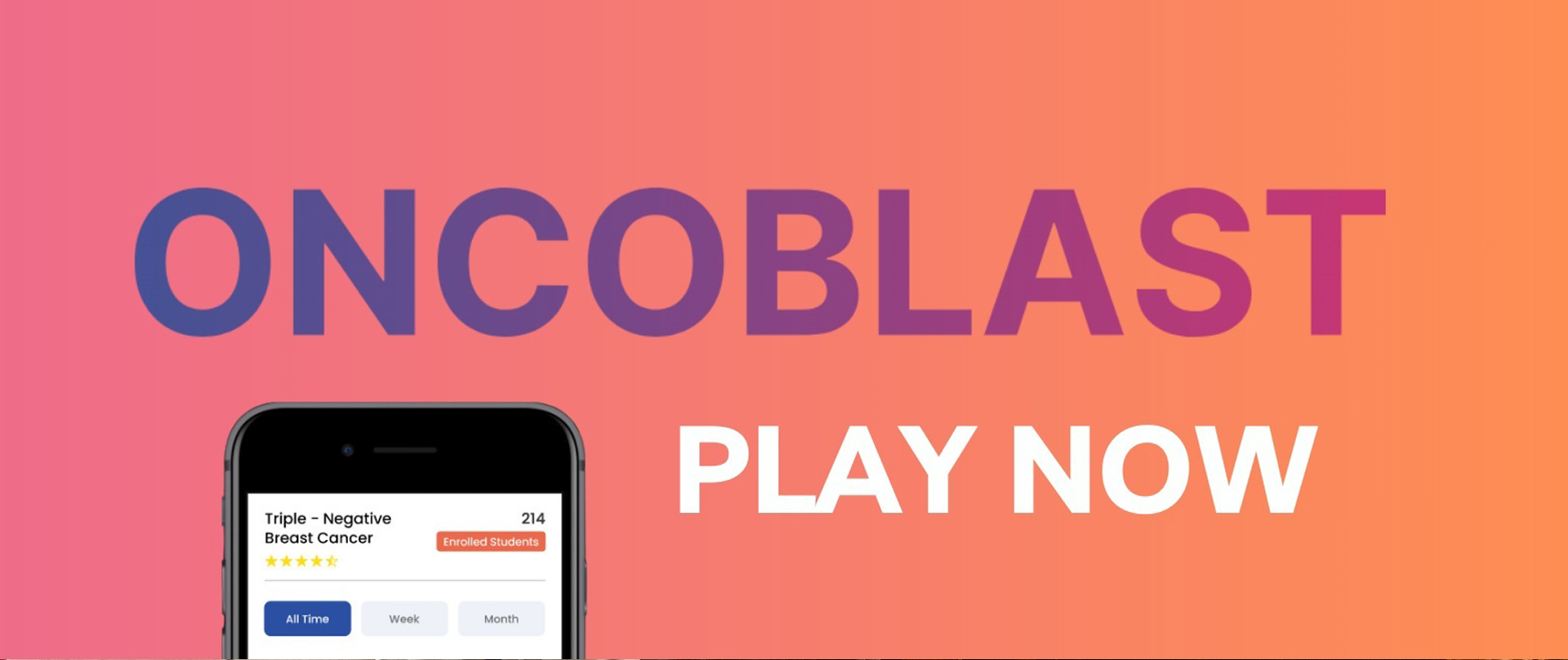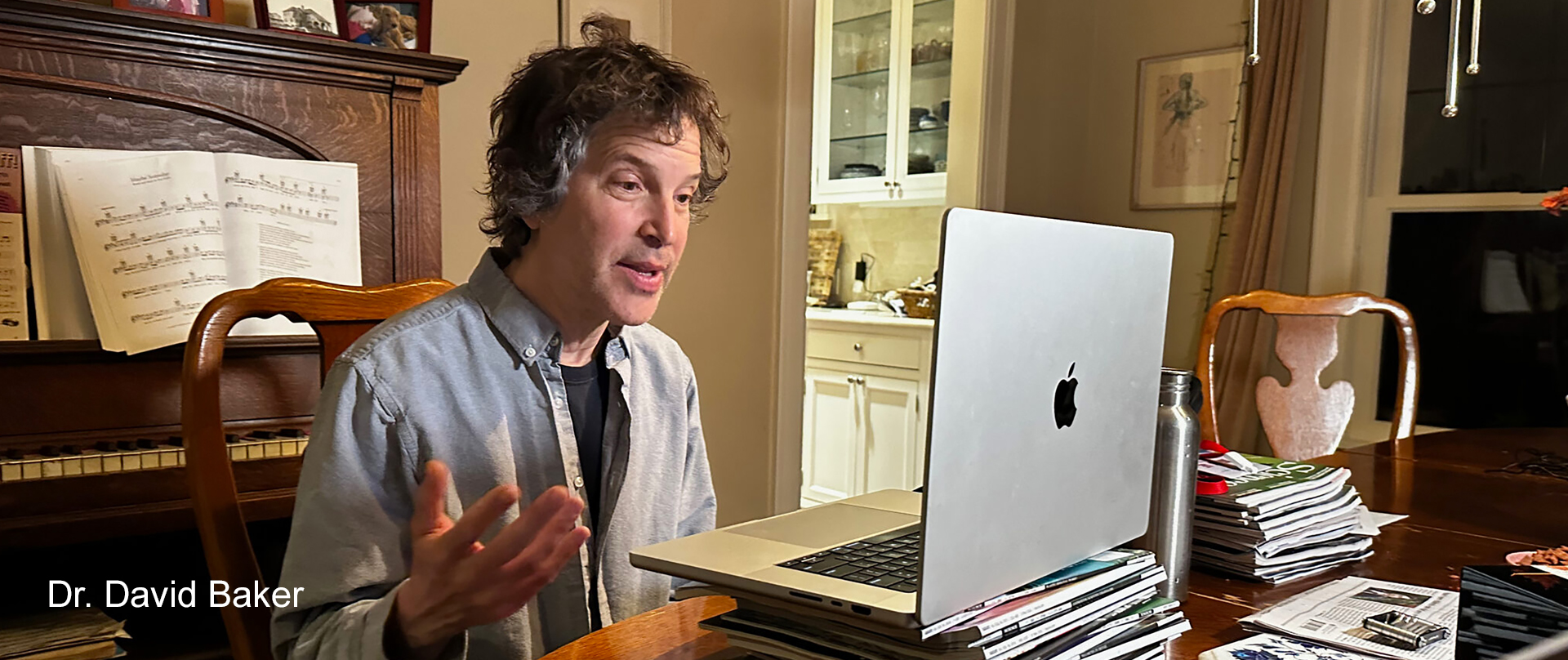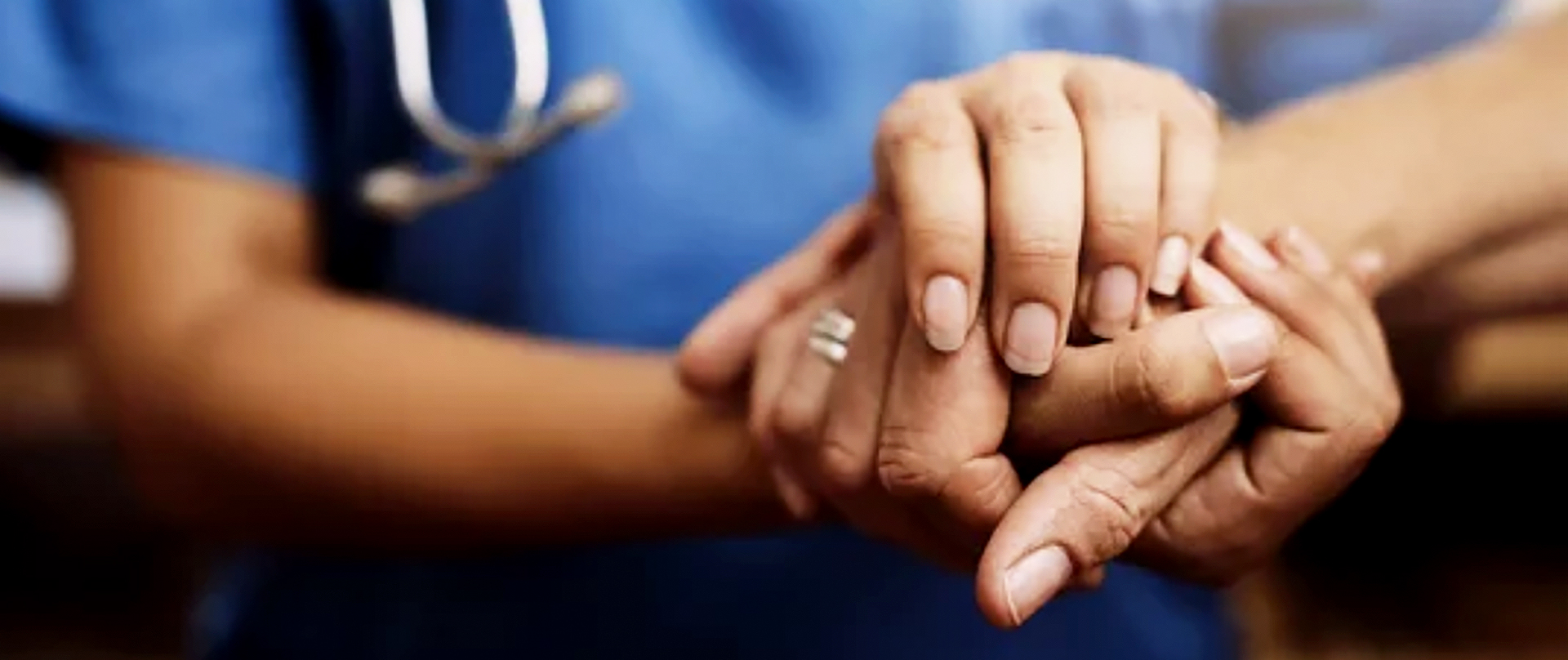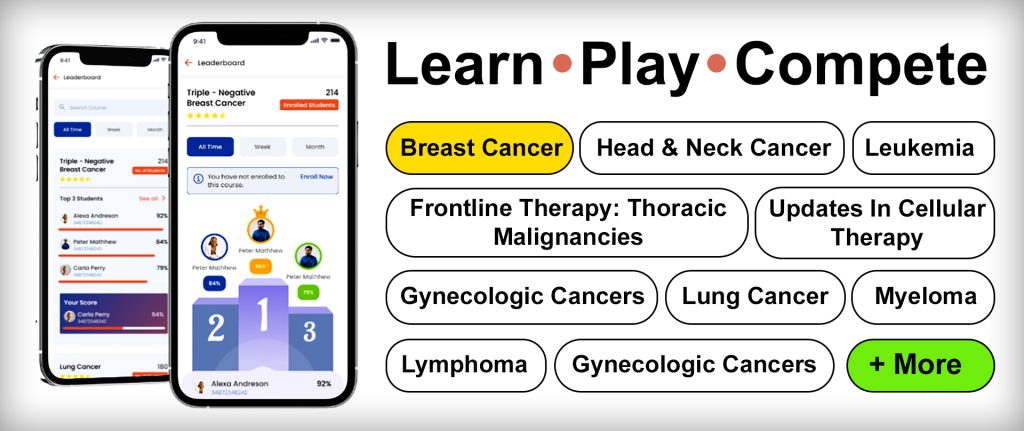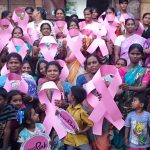• On-Demand Learning: Oncology professionals put in long hours at work and are usually strapped for time. A mobile-based, gamified app provides the flexibility to learn anytime, anywhere – empowering users to enhance their knowledge on-the-go, whether at work, during downtime, or at home.
• Engagement and Motivation: Gamification taps into the natural human desire for achievement, progress, and competition, and an app like OncoBlast provides incentives and rewards for continued participation. This makes learning more enjoyable and engaging, which can increase motivation to stay updated on the latest oncology treatments and research.
• Interactive Learning: Active learning through games is often more effective than passive learning (like reading or watching videos) because it requires users to engage with the material actively. In oncology, where complex information is constantly evolving, a gamified app allows professionals to learn by doing – solving problems, answering questions, and making decisions – rather than just absorbing content. This can lead to better retention and a deeper understanding of the material.
• Immediate Feedback: Gamified apps often provide instant feedback, helping users identify gaps in their knowledge. For oncology professionals, immediate corrections or explanations can help them understand difficult concepts right away, leading to faster learning and a better grasp of complex medical information. This timely feedback loop also reinforces learning and boosts confidence in clinical decision-making.
• Collaboration And Community: Gamified learning apps can also foster a sense of community among oncology professionals. They can collaborate, share insights, or discuss challenging questions in the context of the game. This collaborative environment can enhance peer-to-peer learning and create a supportive network, which is especially valuable in the emotionally demanding field of cancer care.
“OncoBlast’s gamification of free CME/MOC learning is teaching me to take risks, fail, and try again, which is helping me build a growth mindset,” says Josh Pinkton, a board-certified oncology pharmacist who has been using the app since its beta testing days earlier this year. “The app reinforces the idea that progress comes with effort.”
Many beta testers have attested to a deeper learning experience as well.
“The interactive nature of the app makes it feel more like I’m practicing rather than just reading,” says oncology RN Rebecca Ludlum. “I find myself remembering the details better, and feel more confident applying what I’ve learned to patient care. It’s like the knowledge just sticks!”
Matt Lambert, Senior Marketing and Communications Manager at Binaytara Foundation, calls it the testing effect. “It’s a well-documented cognitive phenomenon where actively recalling information through quizzes or challenges helps strengthen memory retention. By engaging with content in a game-like environment, users like Rebecca are actively retrieving and applying knowledge, which has been shown to improve long-term retention compared to passive learning methods.”
Conclusion
The idea for OncoBlast was born during a seemingly ordinary moment on a long-haul flight. Dr. Binay Shah, co-founder of the Binaytara Foundation, watched as a fellow passenger became completely absorbed in a popular mobile game. Inspired by the immersive experience, Dr. Shah wondered, “What if we could bring the same level of engagement to cancer education?”
And so, Oncoblast was born. An app that is replacing tedious course studies and online lectures with on-demand learning that’s competitive, fast-paced, and fun.
